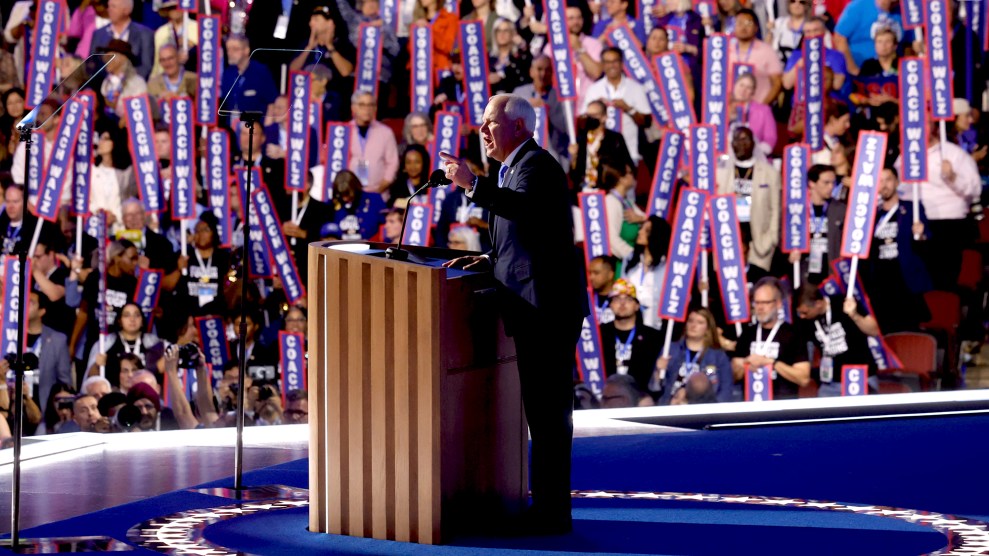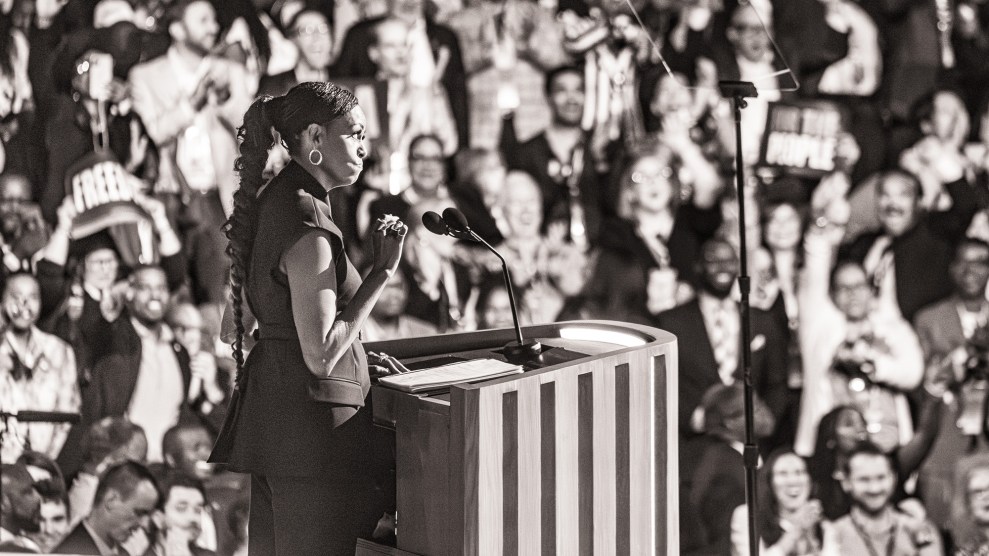Nancy Pelosi swept into the speakership in 2007 with an ambitious plan to reduce House energy consumption by 50 percent in 10 years. At the time, the House alone was responsible for producing 91,000 tons of greenhouse gases, an output equivalent to the emissions from 17,200 cars. Now, sugarcane plates and cornstarch cups have replaced Styrofoam and plastic in congressional cafeterias, waste is composted, and the food is often local and organic. Four hybrids have been introduced into the Capitol fleet, energy-saving vending machines have been installed, and the Capitol and House office buildings draw part of their electricity from wind power.
While there’s still much left to do—including replacing 30,000 conventional lightbulbs with cfls—these efforts, combined with an $89,000 offset purchased on the Chicago Climate Exchange, have gotten the House partway toward its goal of carbon neutrality. (The Senate, while taking part in some of the House efforts, has yet to devise a plan—or a timeline—to go carbon neutral.)
And what about changing the fuel source of the Capitol Power Plant, DC’s only coal plant and a serial violator of the Clean Air Act? That’s where politics as usual comes in: Senators Robert Byrd (D-W.Va.) and Mitch McConnell (R-Ky.), both from major coal-producing states, have blocked any effort in that direction.













